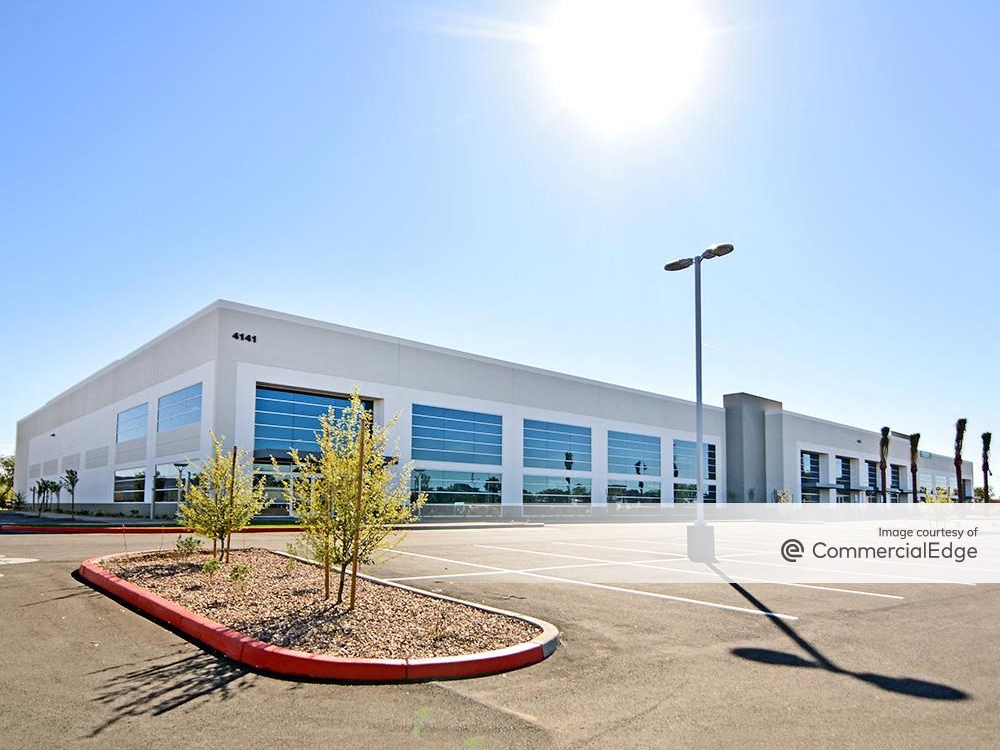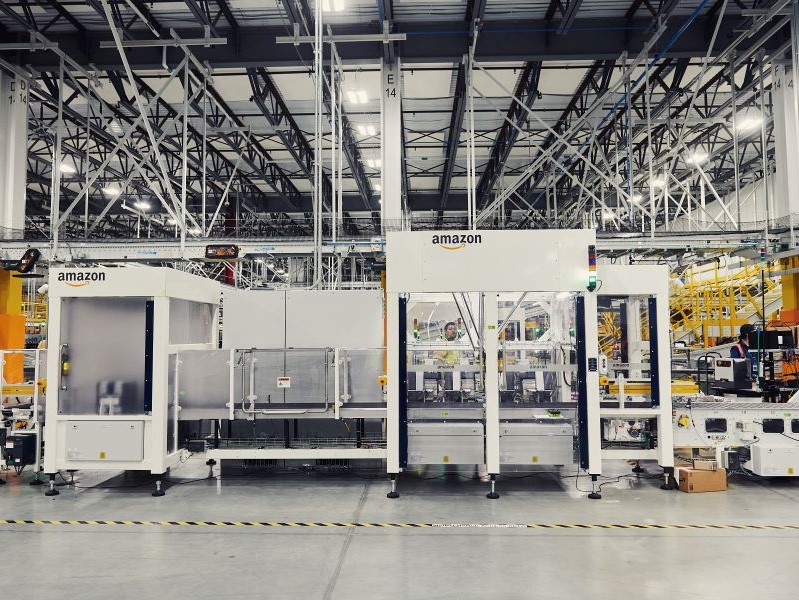Detroit Office Market: Opportunities Lie Ahead
Friedman Real Estate Director Ryan Denomme shares his views on the investment trends and possible risks in the automotive-centered market at this point in the economic cycle.
The level of confidence in the Detroit office market remains high at this point in the economic cycle. The metro closed the first quarter of 2019 on a strong note and continues to attract technology companies.
Commercial Property Executive reached out to Friedman Real Estate Director Ryan Denomme for insights into this unique market. With the city’s Central Business District almost at full capacity and several large projects in the early stages of development, Denomme advises developers to focus on other high-rent submarkets.
READ ALSO: Bedrock Breaks Ground on $820M Detroit Mixed-Use
With Detroit’s CBD coming close to full capacity, in what other submarkets do you see growth opportunities, for both developers and investors?
Denomme: Last year, we have seen strong activity in areas just outside of Detroit’s CBD, specifically in Midtown and Corktown, as well as in suburban locations including Birmingham/Royal Oak, along the Interstate 275 corridor, and in the Troy submarket, along Big Beaver Road. The most significant opportunities for investors in our market are infill and suburban locations that still have large blocks of available space. North Troy, Southfield and the areas just outside of Detroit’s CBD fit this criteria.
Office development has been slow in our market due to the high cost of construction and the relatively low rental rates that can be achieved in comparison. For new development to make sense, developers will need to focus on high rent locations such as Birmingham, Royal Oak, the Big Beaver Corridor and areas in and around the Detroit CBD.
What are tenants’ biggest complaints about the Detroit office market, and what appeals to them most at this point?
Denomme: Rental rates, lack of parking and a shortage of nearby amenities are typically the biggest complaints of office users in our market. As the Detroit CBD has leased up, parking has become more expensive and increasingly difficult to find. Tenants with high parking requirements are now generally relegated to suburban locations. Additionally, tenants are increasingly seeking office space in walkable environments with access to amenities such as fitness centers, dry cleaning services, daycare, retail, bars and restaurants.
Due to the way that metro Detroit was developed, many of our prominent office developments lack access to walkable amenities. Much of the office supply in our market was developed in the late 1980s and many of these buildings were constructed within office campuses. Thus, landlords have been adding on-site amenities to office buildings located in campus settings in order to provide an environment that mimics buildings located in more urban areas.
Tell us more about the possible risks facing Detroit’s office market during this late-cycle economic landscape, and how they can be navigated.
Denomme: Detroit is a very automotive-centric town due to the vast number of automotive companies, suppliers and ancillary service providers located in the area. Since the recession, the local economy has diversified somewhat, but the area is still very automotive driven. The largest risk to Detroit’s office market, and Detroit in general, is a pullback in automotive production. Investors and developers can look to mitigate this risk by leasing to companies with non-automotive-reliant, recession-resistant businesses such as financial services, health care and technology.
 Rents and property values in the office segment have increased exponentially during the past year. How do you see the trend going forward?
Rents and property values in the office segment have increased exponentially during the past year. How do you see the trend going forward?
Denomme: We expect that rents and property values will continue to increase in the near future, but at a slower pace than in previous years. The recent reduction in interest rates has provided investors with access to even lower cost debt. This will push cap rates down and values up in the near term. Additionally, office assets located in walkable, amenity-rich environments will continue to be more popular and will generate higher rents and valuations than competitive assets located in areas with fewer services and conveniences.
How close (or far) are we to seeing Detroit turn into a tech hub?
Denomme: Detroit has done a great job of diversifying its employment base since the Great Recession. Due to the relatively low cost of doing business in Michigan, many technology-based companies have opened locations in the city. Quicken Loans, Google, StockX, Detroit Labs, Microsoft and Twitter are some examples. These employers have tried to attract and retain talent by investing in modern workspaces set in urban environments.
Ford’s redevelopment of the Michigan Central Station is another example. In addition to creating a cool place for its workers, Ford’s redevelopment of the site has had a very significant impact on property values in the area. It has also raised the bar on the types of facilities that employers will need to create in order to be competitive with younger, more tech-focused employees.
While there is still a good deal of work to do in order for the city to be considered a major tech hub, there is certainly a growing base of tech-focused companies that are leasing space in our market. I believe that this trend will continue as more companies learn about the opportunities and benefits afforded to them by doing business in metro Detroit.
Tell us a bit about how Friedman is approaching the market and your plans for the future.
Denomme: The local economy continues to perform well as rental rates and occupancies have increased across all submarkets. At Friedman, we are optimistic that this growth trend will continue during the near future. Location, as always, will be important to the success of office projects. Also, the current inverted yield curve will allow commercial property owners to obtain long-term, low interest rate financing. This has presented an opportunity for current owners to refinance at low interest rates or to sell their properties into a low cap rate environment.








You must be logged in to post a comment.